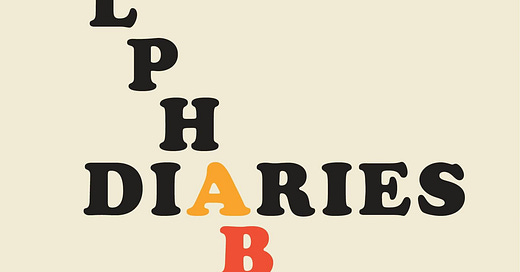Last week’s bonus issue on English teaching and AI caused a stir: people are eager to read intelligent and sceptical analysis.
Next week, an Occasional (issue 4) for paid subscribers on some of the best books in the Fortnightly since 2016.
Keep reading with a 7-day free trial
Subscribe to The Fortnightly from Julian Girdham to keep reading this post and get 7 days of free access to the full post archives.





